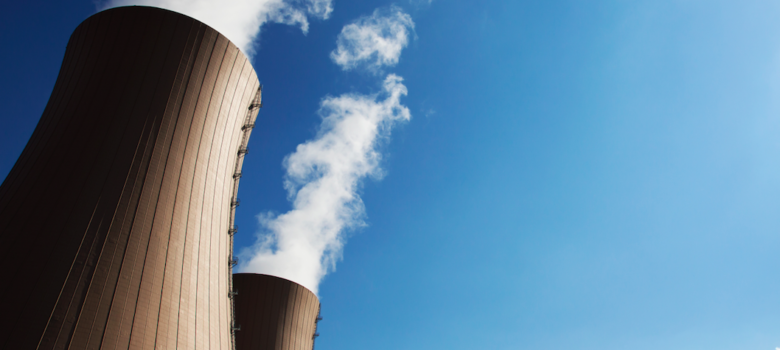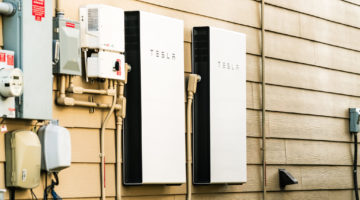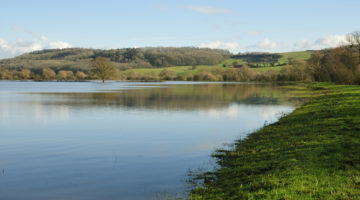
On Monday, there was another blow to the nuclear energy industry here in the UK. NuGeneneration (or NuGen as it is more commonly known) announced a delay in its new Moorside plant. It was intended that the plant would first start producing power in 2023; however much like the seemingly doomed Hinkley Point C power plant, the date has now slipped back to 2025.
Delays in building new nuclear plants will soon lead to an energy shortfall
The issue is that before these two plants open (if they do indeed ever get the final go-ahead), a number of other nuclear power plants are due to close down. Hunterston B, Hinkley B, Hartlepool and Heysham 1 are all scheduled to be closed and decommissioned. This would mean we would lose approximately 5 GW of the UK’s generating capacity – which is about 10% of our total generating capacity.
Couple this with the closure of the coal power plants over the coming years and it looks pretty grim for the energy industry in that we simply won’t be able to meet demand. We have discussed this many times before but it appears energy policy in the UK is taking a back seat, with successive governments not making any coherent energy policy.
Nuclear energy is set to become more expensive
The problem with nuclear power is that for it to become attractive to investors, a price needs to be agreed that we (consumers and businesses) will buy the electricity for – this is known as a strike price. In the case of Hinkley this is £92.50 per megawatt hour (MWh). At the moment the wholesale price is £35 per MWh. This means that EDF (the company behind Hinkley) would be paid an additional £57.50 per MWh by those using the electricity, in the form of higher energy bills. The reason for the strike price is to make the investment more attractive. It is thought that Hinkley would be the most expensive building ever built (in the world!) if it goes ahead. EDF would therefore want to be sure they would recoup that money. The strike price, agreed for 35 years, would mean that EDF would receive £45bn over the terms of the agreement – quite a healthy return!
Whatever your thoughts on nuclear, one thing is crystal clear – Hinkley C is going to hurt consumers. It is estimated that this one plant may add as much as £400 to people’s energy bills each year!
Are there other options for UK energy production?
When you look at the other energy options, things are not looking overly rosy there either. Despite the SNP’s old claim that Scotland were sat on a goldmine of North Sea gas, it appears this is no longer the case. The cost of extraction makes this particular gas far more expensive than gas supplied from other places around the world. Shale gas has really yet to get off the ground in the UK. It appears right now that if we turn to gas power plants to help meet the shortfall we are going to be importing the gas to fuel them, which makes us incredibly reliant on a particularly volatile market.
Despite TheGreenAge being a platform that supports renewables, I am not naïve enough to think that renewables in their current form can take over from fossil fuels/nuclear completely. However, the investment decisions that the Government make over the next 10 years are going to directly impact whether or not the lights stay on. Obviously energy efficiency is going to have a major role to play – less energy demand means that a smaller number of new power plants will be needed. The Government has not been consistent in promoting energy saving measures (see how they killed the Green Deal). The big question is at what point are they going to stop messing about and start making proper decisions.
Remember, to build a new nuclear power plant you are talking about a 10 year time frame, and to be honest that might just be a little late. I know that government terms are only 5 years, but someone really needs to tackle this potentially huge problem!
Think we missed something? Do you have a different opinion?
Comment below to get your voice heard…












No Comments yet! Be the first one.